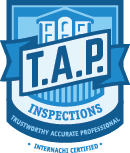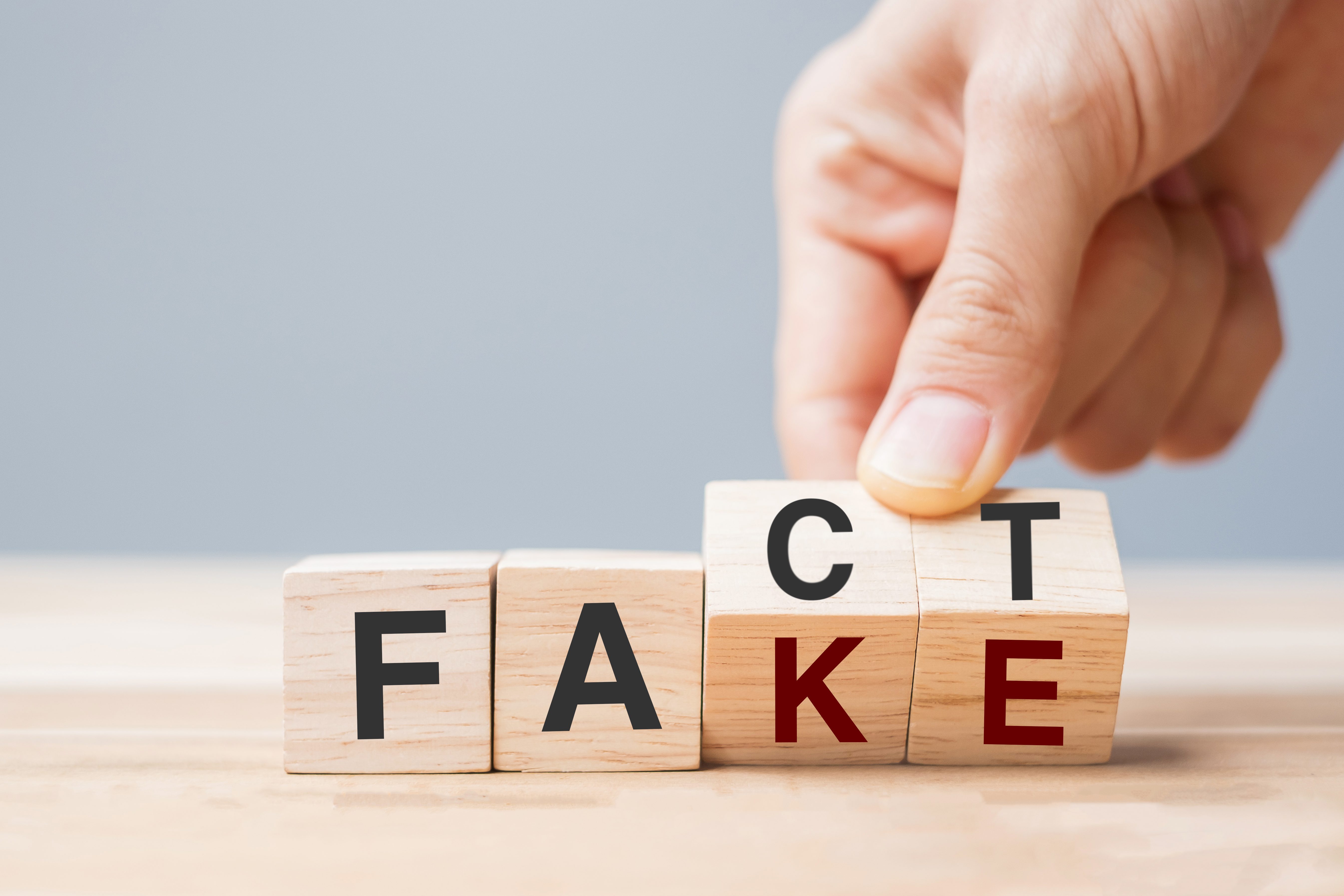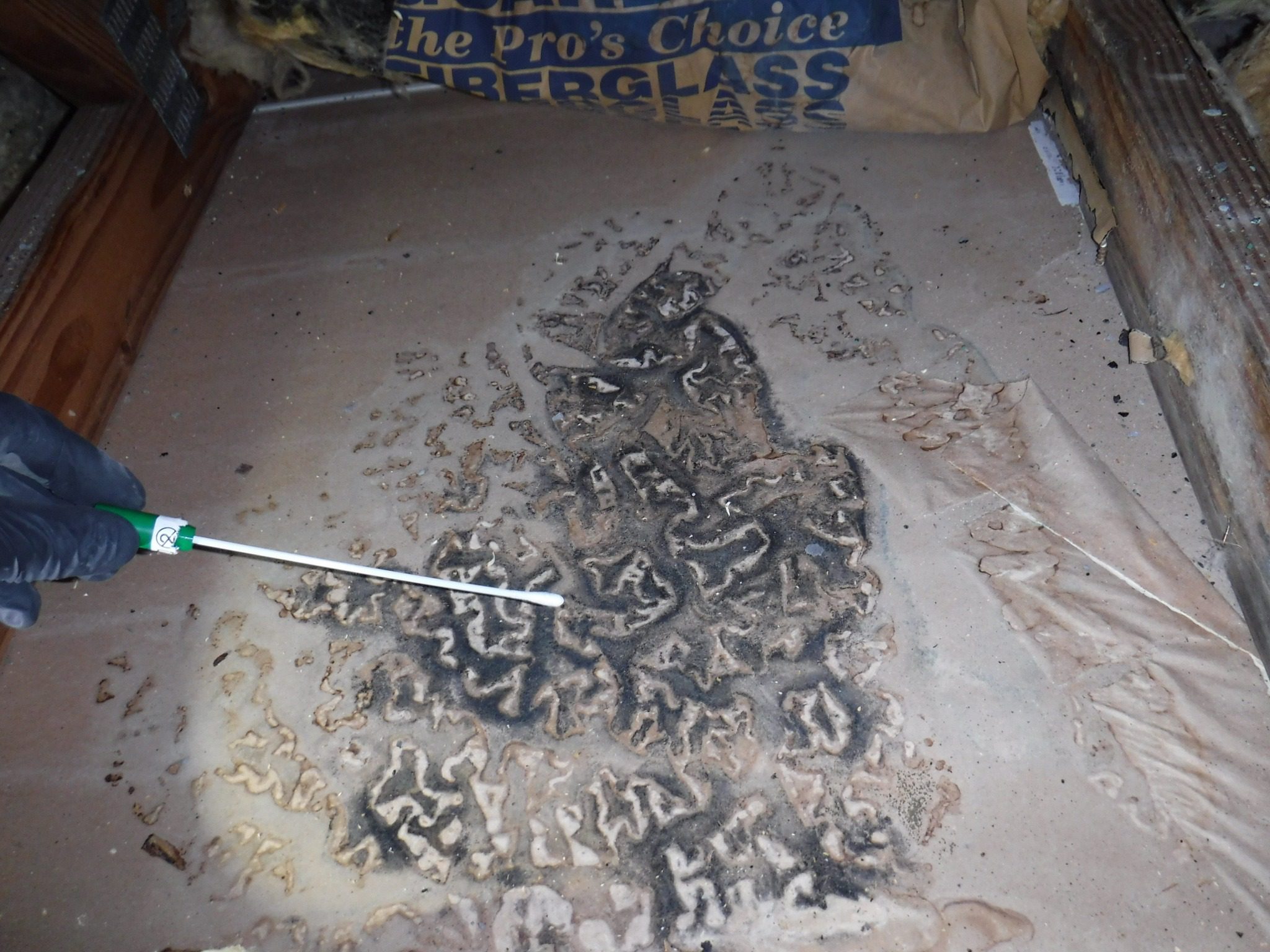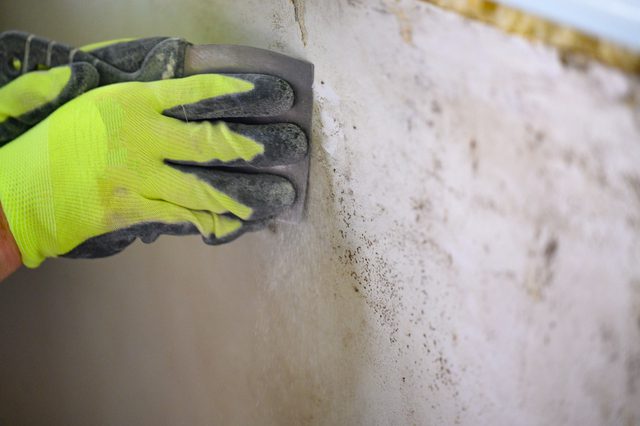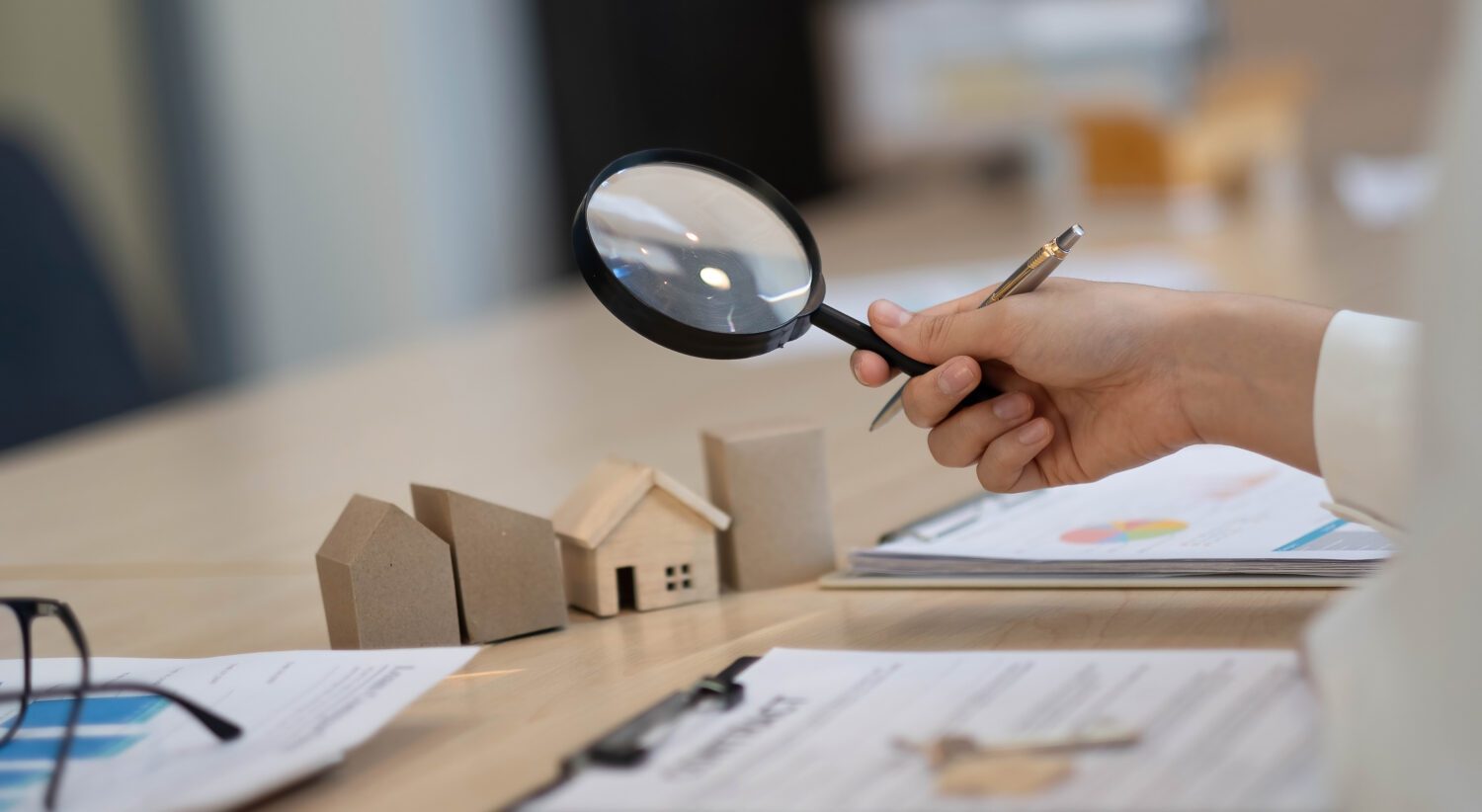Protecting Your Home Investment with Knowledge
Buying a home is perhaps one of the biggest investments that you will ever make in your life. You want to be sure that the house you plan to buy is not only worth the money you’re paying for it but also safe and comfortable for you and your family to live in.
This is where home inspections come in. Home inspections are a crucial step for anyone planning to buy or sell a house, but there are still many misconceptions about what they involve and their importance.
The Myths that Surround Home Inspections
One common misconception about home inspections is that they are not necessary if the house looks good on the outside or if it’s brand new. Another myth is that home inspectors will find every single issue with a house, no matter how small, which could scare potential buyers or sellers away from getting an inspection altogether. In this article, we will debunk these myths and answer other frequently asked questions about home inspections so that you can make informed decisions when buying or selling your next home.
What is a Home Inspection?
Buying a home is probably the most significant purchase you will make in your lifetime, and a comprehensive home inspection provides invaluable information about the condition of the house. In essence, a home inspection is an objective evaluation of the physical structure and systems of the house. The purpose of the inspection is to identify any potential problems or safety concerns that could affect your safety, comfort, or finances.
Definition and Purpose
A home inspector evaluates all accessible areas and components of a house, including the foundation, walls, roof, plumbing system, electrical system, HVAC system (heating and cooling), and anything else deemed necessary for review. Inspectors look for defects in these systems that may result in future issues or safety hazards. This information helps buyers make informed decisions regarding purchasing a property.
Who conducts the inspection?
A licensed and certified professional home inspector conducts an inspection. These professionals undergo rigorous training to ensure that they are knowledgeable about every aspect of a house’s construction.
They must also be familiar with local codes and regulations governing residential structures. Hiring an experienced inspector ensures that you receive accurate information about your potential property.
What is included in the inspection?
An exhaustive list of everything included during an inspection varies from state to state but typically includes:
- The foundation
- The exterior walls
- The roofing system
- The plumbing system
- The electrical system
- The HVAC system (heating and cooling)
- The flooring
- Windows and doors.
All these areas are subject to scrutiny as inspectors examine each component to ensure they are in good condition and functioning correctly. In addition, inspectors will also check for the presence of mold, pests, and any other hazards that could affect your health or the integrity of the property.
When Should You Get a Home Inspection?
Whether you’re buying or selling a house, it’s important to know the home’s true condition. Before you make any decisions, consider getting a home inspection.
Before Buying a House
If you’re in the market for a new home, it’s essential to get a home inspection before closing the deal. A home inspector can identify any issues with the property that may not be obvious during viewings.
An inspection can give you an idea of what repairs might need to be made and how much they could cost. Moreover, an inspection can help you decide whether or not to purchase the property.
Before Selling a House
Sellers can also benefit from getting a home inspection before putting their property on the market. An inspection report can alert sellers to any potential issues that could affect their sale price or make it harder for them to sell their house.
A seller who knows about existing problems can either fix them beforehand or disclose them upfront so as not to surprise buyers later on in the sale process. This also shows good faith and honesty toward potential buyers.
During Construction or Renovation
If you’re planning on building or renovating your own home, it’s important to have an inspector come in regularly during construction. Inspections at key stages of construction will ensure that everything is up-to-code and is being done correctly as per plans and standards.
This will minimize problems down the road when changes become more difficult and expensive to fix since unforeseen mistakes are caught early enough for corrections before covered up by drywall and other finishes. In addition, inspections could help avoid costly legal liabilities if workers are injured on site due to unsafe conditions; codes violations; faulty installations; or other unforeseen hazards.
Getting a home inspection before buying or selling a house or during construction and renovation is crucial. It will help you make informed decisions, ensure your safety, save you money, and reduce unnecessary headaches down the road.
What Do Home Inspectors Look For?
If you’re planning to buy a home, it’s crucial to get a home inspection. But what exactly does a home inspector look for? Here are the key areas that a home inspector will examine during an inspection.
Structural Issues
A home inspector will closely examine the foundation, walls, and roof of the house for any structural issues. This includes cracks in the foundation or walls, uneven floors or ceilings, and signs of water damage. Structural issues can be expensive to fix and may indicate larger problems with the house.
Electrical and Plumbing Systems
The electrical and plumbing systems are significant components of any house. During an inspection, a professional inspector will examine these systems for safety hazards such as faulty wiring or leaks. Outdated electrical systems or corroded pipes can pose a considerable risk if not addressed promptly.
Roofing and Insulation
The roof is often one of the most overlooked parts of a house but it plays a vital role in protecting your investment from water damage. A home inspector will assess the condition of your roof shingles and inspect chimneys and vents to ensure they’re properly sealed against moisture intrusion. Additionally, they’ll check insulation in your attic as proper insulation can help reduce energy costs.
HVAC Systems
Your heating, ventilation, and air conditioning (HVAC) system is responsible for maintaining comfortable indoor temperatures throughout your home throughout the year. A qualified inspector inspects HVAC systems for proper function and efficiency. A malfunctioning HVAC system can make it uncomfortable inside your house while driving up utility bills.
Pest Infestations
Insects like termites or rodents like mice or rats can cause extensive damage to homes if untreated quickly enough; their removal may result in hefty expenses too. A home inspector will look for signs of past or current pest infestations.
They will check your attic, basement, and crawl spaces as these are favorite spots for pests to make their homes. By having a home inspection done, you can ensure the safety and comfort of your new home while avoiding any unpleasant surprises down the line.
How Long Does a Home Inspection Take?
Home inspections are crucial in determining the state of a property before buying or selling it. One of the most common questions people ask is how long a home inspection takes.
The duration of an inspection depends on several factors, including the size of the house, age, and overall condition. Typically, an inspection can take anywhere from 2 to 4 hours to complete.
Factors that Affect the Duration of an Inspection
The size and age of a property are two critical factors that affect how long an inspection will take. A smaller home may take less time to inspect compared to a larger one with multiple floors and rooms. Similarly, older homes tend to require more attention during inspections than newer ones because they may have outdated systems or structural issues.
The inspector’s experience level can also impact how long they take during an inspection; seasoned inspectors may be able to conduct thorough checks swiftly compared to those who are new in the field. In addition to these factors, weather conditions and accessibility also play significant roles in determining how long it takes for an inspector to examine a property.
For instance, if there’s heavy rainfall or snowstorms outside, accessing areas like roofs or basements may be challenging and cause delays in the process. Ultimately, it’s essential not to rush through inspections and give enough time for thorough evaluations as this can save you significant costs down the line by discovering potential problems early on.
How Much Does a Home Inspection Cost?
Home inspections can range in cost depending on various factors. The location of the house, the size of the property, and the inspector’s expertise are some of the factors that affect the cost.
Typically, a home inspection can cost anywhere from $300 to $500. However, keep in mind that this is only an estimate, and prices can vary depending on your area.
Factors that Affect Cost
The size of your property is one of the most significant factors affecting home inspection costs. Larger homes require more time to inspect thoroughly, so they will typically be more expensive than smaller homes. Other factors that can affect cost include the age of your property (older homes may require more attention), and whether or not you opt for additional services such as radon testing or mold inspections.
The Importance of Not Choosing an Inspector Based Solely on Price
While it’s tempting to choose a home inspector based solely on price, it’s important to remember that you get what you pay for. A lower-priced inspector may mean less experience or training, which could lead to missed issues during the inspection process.
It’s crucial to find an inspector who is experienced and qualified enough to spot potential problems with your property. Ultimately, choosing a reputable and reliable inspector is worth any additional costs as it provides peace of mind and a detailed report about any issues with your potential investment.
Can You Attend the Inspection?
Yes, you can attend a home inspection. In fact, it is highly recommended that you do so.
Attending the inspection will give you an opportunity to learn more about the house and its condition from the inspector’s perspective. It’s also a great chance to ask questions and get answers in real-time.
Benefits of Attending an Inspection
There are several benefits to attending a home inspection. First and foremost, attending the inspection will help you better understand any issues that may be present in the house.
You’ll get to see firsthand what needs repair or replacement, and ask for clarification on any unfamiliar terms or concepts. Another benefit of attending an inspection is that it gives you a chance to learn more about your potential new home.
The inspector may provide helpful tips on maintenance or care for certain systems or appliances in the house. Attending an inspection can help put your mind at ease by giving you more information about your potential new home before making a final decision.
How to Prepare for Attending an Inspection
When preparing to attend a home inspection, there are a few things you should keep in mind. First, make sure to schedule enough time for the inspection – they typically take 2-4 hours depending on the size of the house.
Next, come prepared with comfortable shoes and clothing appropriate for crawling around attics or basements if needed. It’s also helpful to bring along a notebook or other method of taking notes during the inspection so that you can remember any important details later.
Be sure to have your list of questions ready beforehand so that you don’t forget anything important during the course of the inspection. Taking these steps will help ensure that you get as much information as possible from attending your home inspection.
What Happens After the Inspection?
After the home inspection is completed, you’ll receive a report from the home inspector that details everything they found during their inspection. It’s important to take the time to review this report carefully and discuss any questions or concerns you may have with your inspector. The report will typically include information on any issues that were identified, along with photos and recommendations for remediation.
Understanding the Report
The report can be overwhelming at first glance, but it’s important to read it thoroughly and understand what each section means. Some things to look for include major structural issues, electrical or plumbing problems, roofing or insulation issues, HVAC problems, and pest infestations. Don’t be afraid to ask your inspector for clarification if you don’t understand something in the report.
Negotiating Repairs or Credits with Sellers
If problems are identified during the inspection, you may want to negotiate repairs or credits with the sellers before finalizing the purchase of the home. Your real estate agent can assist with this process by drafting a repair request addendum that outlines your desired fixes.
The sellers will then have an opportunity to respond and negotiate a solution that works for both parties. In some cases, sellers may offer a credit instead of completing repairs themselves.
This can be beneficial if you prefer to handle repairs on your own terms after closing on the property. Remember that every situation is different and negotiation outcomes vary depending on several factors like state laws and housing market conditions in your area; however having an understanding of what happens after an inspection will help guide you through this process.
Conclusion
The importance of home inspections cannot be overstated. Whether you’re buying or selling a house, or simply maintaining your property, getting a professional inspection is essential to ensuring the safety and longevity of your investment. By identifying potential issues before they become major problems, you can save yourself time, money, and headaches down the line. Don’t fall for common misconceptions about home inspections. Some people believe that inspections are only necessary for older homes or that they’re unnecessary if the house looks good on the surface.
However, these assumptions can lead to disastrous consequences. Even new construction properties can have hidden defects that only an experienced inspector can identify.
Be proactive about scheduling a home inspection. Don’t wait until it’s too late to address potential issues with your property. Whether you’re planning to buy or sell a home, or just want to stay on top of maintenance tasks, working with a reputable inspector is one of the best investments you can make in your property.
By understanding what home inspections are and why they’re important, we can take better care of our homes and protect our investments for years to come. Let’s debunk myths and stay informed so we can make smart decisions when it comes to buying, selling or maintaining our homes.
